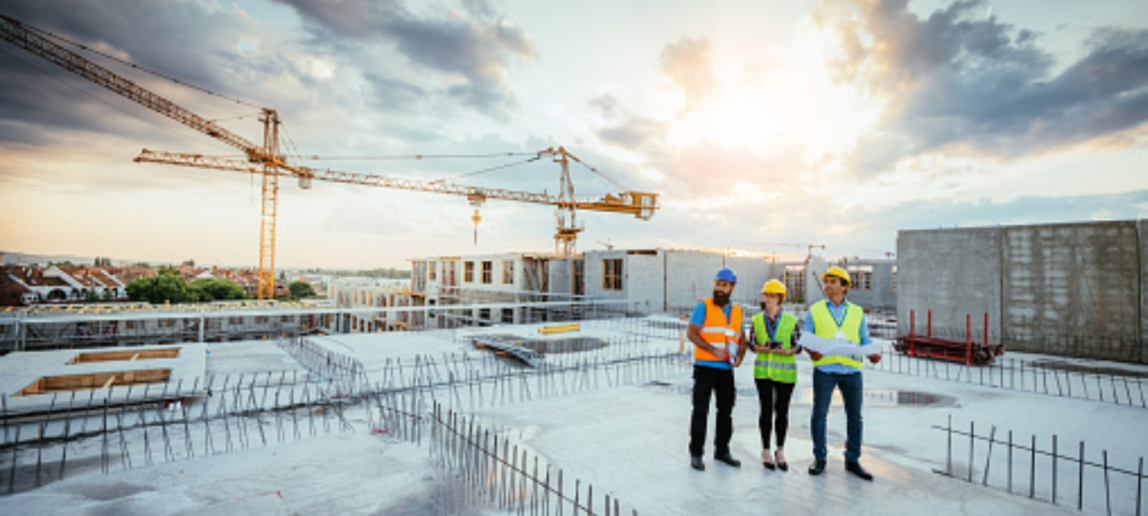Texas A&M and Global Partners Awarded $3 Million to Aid Climate-Vulnerable Communities on Gulf Coast
The escalating pattern of extreme weather events—from ferocious hurricanes to devastating wildfires—serves as a stark reminder of the worsening climate crisis. Tackling this challenge demands a two-pronged approach: aggressively curbing greenhouse gas emissions to mitigate future climate change and implementing robust adaptation and preparedness measures to cope with the unavoidable impacts of a changing climate.
However, climate risks and solutions can only be analyzed by engaging communities constantly battered by these events. A community-engaged and participatory approach is essential to holistically identify climate risks and co-design place-based mitigation and adaptation strategies that work in different socioeconomic contexts.
Dr. Manish Kumar Dixit, associate professor of construction science, and Texas Target Communities, have been awarded a significant grant to tackle the challenges of climate change in the built environment. The nearly $3 million award, from the New Frontiers in Research Fund 2023 International Joint Initiative, will support their “Living Lab” research project.
This international collaboration will involve case studies in the United States, Indonesia, and Colombia, focusing on developing innovative solutions for climate-resilient and carbon-neutral buildings and infrastructure. By partnering with researchers from around the globe, Dixit and Texas Target Communities aim to work closely with community partners to create adaptable strategies that will help them better withstand and mitigate the effects of climate change-induced weather disasters. Focusing on three case studies, or “Living Labs,” in the United States, Indonesia, and Colombia, the project will:
• Identify environmental risks associated with each Living Lab.
• Conduct socio-spatial analyses of current needs, risks, and future resilience scenarios.
• Determine and co-design regenerative carbon-neutral and climate-resilient solutions through a participatory process.
• Integrate and transfer new knowledge to strengthen community resilience and environmental sustainability.
• Create and test mechanisms to transfer knowledge effectively to climate-affected communities.
This research aims to empower vulnerable communities in adapting to and mitigating climate change, fostering resilience while minimizing their carbon footprint. This multi-disciplinary project unites experts from Canada, the United States, Norway, Switzerland, the United Kingdom, Colombia, and Indonesia to create a participatory and regenerative design framework. This framework will guide the construction and reconstruction of a built environment that is adaptive, affordable, resilient, and environmentally sustainable.




